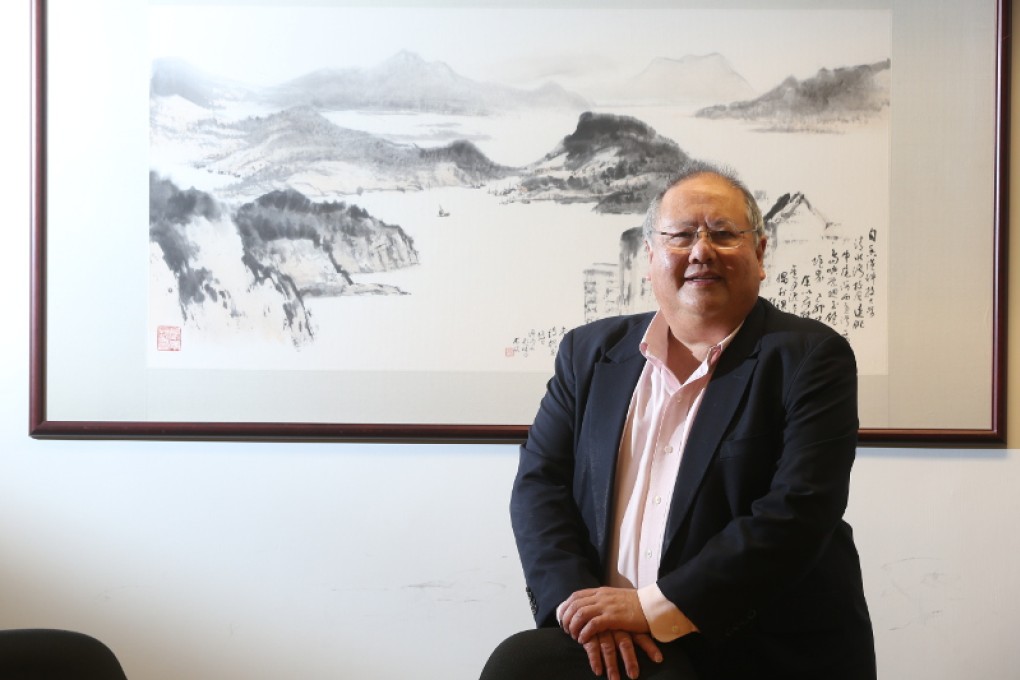More students are studying creative arts at HKUST
The Hong Kong University of Science and Technology’s (HKUST) humanities and social science department is experiencing a significant surge in the amount of students studying creative arts topics, as it enters the year of its 25th anniversary.

The Hong Kong University of Science and Technology’s (HKUST) humanities and social science department is experiencing a significant surge in the amount of students studying creative arts topics, as it enters the year of its 25th anniversary.
Over the last six years, student enrollment in music composition and participation classes, creative writing, and contemporary literature programmes has grown from a few hundred to more than 2,000. This represents more than a quarter of the HKUST student population.
Audiences for music shows on the campus have grown, too, with more than 10,000 students attending performances annually. “Student participation in arts and cultural activities has gone through a transformational stage that is set to continue,’’ says professor James Lee, the dean of the School of Humanities and Social Science.
Lee says it is part of the HKUST’s vision to provide students with a broad range of creative and cultural educational experiences, while establishing the university as a centre to bring high-quality arts into the Hong Kong community. With a faculty of about 60 professors covering 15 disciplines, the HKUST is believed to have the largest interdisciplinary university-level curriculum in humanities and social science in the Greater China region. “We are always looking for new ways to strengthen and expand our programmes, and we have several plans that will come to fruition soon,’’ says Lee.
A creative writing and poetry programme designed by visiting professor, and award-winning novelist, Yan Lianke is a good example. Yan is the author of the imaginative satire Xia Ri Luo (The Sun Goes Down), Dream of Ding Village, and Lenin's Kisses, an absurdist historical allegory about the money-making fever that swept the mainland after Deng Xiaoping opened up the economy in the 1990s.
Lee says the HKUST’s arts curriculum features several unique characteristics. For instance, it offers minor instead of major degree topics, and this opens the way for developing more engaging, creative, and innovative programmes. “Unlike many arts programmes, our students are given the opportunity to understand the arts from the perspective of creators and producers, rather than critics,” Lee says. This way students are more inclined to show a genuine interest in deepening their understanding of the creative process, and a willingness to become creative themselves, he says.
“Many students who begin with appreciation-oriented courses choose to continue with participation-oriented courses, such as music theory and music composition,’’ Lee notes. Other courses include music of the world, enjoyment of classical music, a new approach to music making, and making chamber music. “Our students really appreciate learning about music in a less formulaic way,’’ he notes.